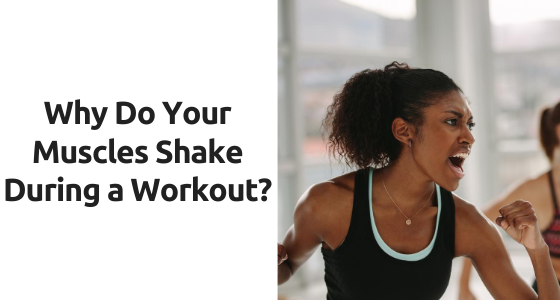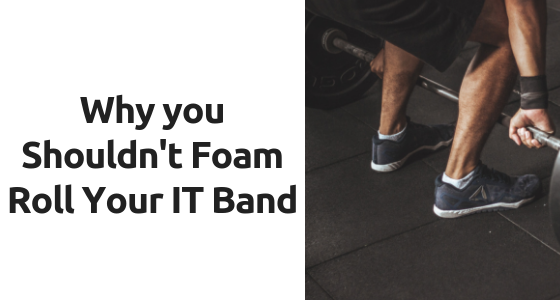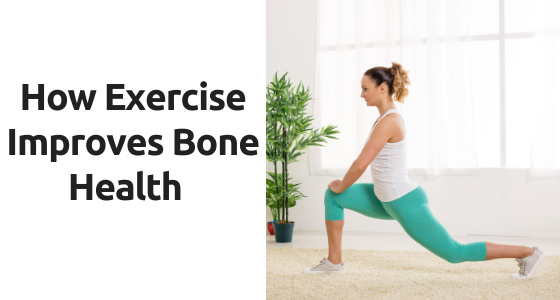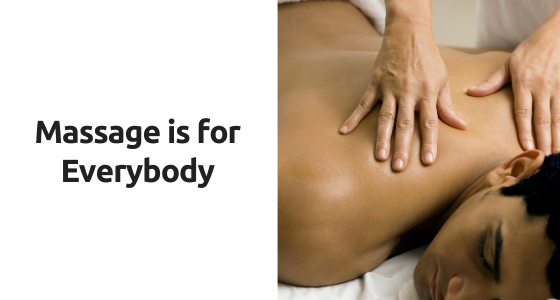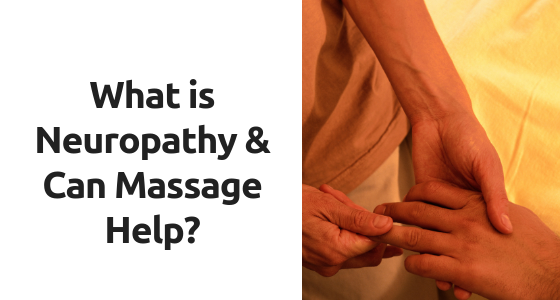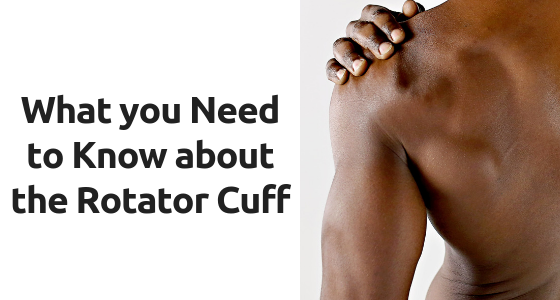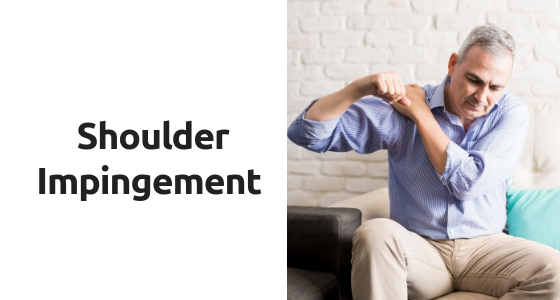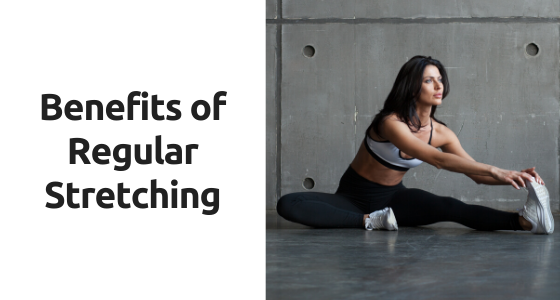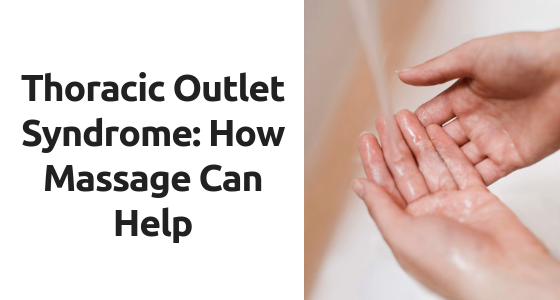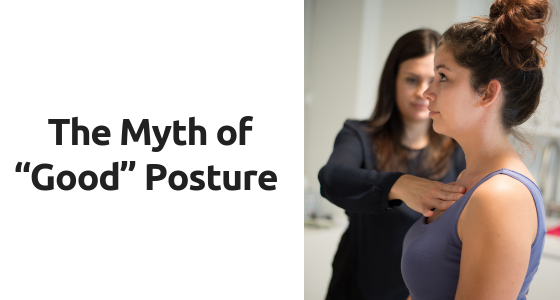Why do your muscles shake during a workout
At some point, you’ve probably been in the middle of an intense, or not so intense, workout when suddenly it feels like your legs or arms are about to give out and your muscles start to shake uncontrollably. Most people figure it’s due to their lack of strength or stamina. Have you ever wondered if there was more to it than that though? Here are a few reasons why your muscles shake when you’re working so hard.
Why you Shouldn’t Foam Roll Your IT Band
Foam rolling for recovery is something you see quite frequently when at the gym and is often promoted in workout videos, blogs, and magazines. Almost as soon as someone completes an intense lifting session or workout, it’s not out of the ordinary to see them run over to their foam roller in an attempt to prevent soreness the next day. While foam rolling certainly does have its benefits such as shortening the recovery time and increased range of motion, there are a few things you need to be cautious of before pulling that foam roller out.
How Exercise Improves Bone Health
It’s a well-known fact that regular exercise improves your overall health, but did you know it can be even more beneficial for those with concerns about bone health? It’s been shown that exercise that puts some stress on the bone can increase bone mineral density (BMD) and reduce fractures even in women who have already been diagnosed with osteoporosis.
Massage is for Everybody!
There’s no denying we’re in a difficult time. Not only are we dealing with a silent, invisible enemy, but we’re also seeing division among people on an extreme scale. My goal is to educate the public on the inclusivity of…
What is Neuropathy & Can Massage Help?
Neuropathy refers to any condition that causes a dysfunction of the nerves, typically caused by some sort of damage, such as that associated with decreased circulation, diabetes, autoimmune diseases, or localized trauma. Most often, the area affected will have sensations of tingling, numbness, shooting pains, weakness, and/or a heavy feeling. While neuropathy can happen anywhere, you’ll usually hear this term interchanged with one that is actually a bit more specific; peripheral neuropathy. Peripheral neuropathy refers specifically to neuropathy that affects the hands and feet, which may or may not move its way up toward the trunk.
What You Need to Know About the Rotator Cuff
The rotator cuff is a group of muscles whose job is to keep the head of your upper-arm bone (humerus) in your shoulder socket. It also aids in the raising, lowering, and rotating of your arm, keeping the shoulder stable and safe throughout these movements. There are 4 muscles that make up your rotator cuff; supraspinatus, infraspinatus, teres minor, and subscapularis.
Shoulder Impingement
Shoulder impingement, also known as subacromial impingement or swimmer’s shoulder, is caused when the tendons of the rotator cuff become trapped as they pass through the narrow bony channel known as the subacromial space. This little tunnel in the shoulder normally allows those tendons to slide back and forth with no restriction as you move your arm. However, repetitive use of the shoulder, more specifically repetitive overhead movement
Benefits of Regular Stretching
While many people may associate stretching with their workouts, loosening up before or cooling down after, it’s actually a very beneficial practice to get into every single day regardless of your workout routine. Whether it’s first thing in the morning, every hour or two throughout your day, or winding down before bed, taking a few minutes to stretch and release the tension in your muscles can help you to move and feel better.
Thoracic Outlet Syndrome: How Massage Can Help
The nerves and blood vessels that supply the arm run from the neck and through a few narrow channels that can sometimes become even more narrow, resulting in compression of those structures. This can cause a variety of symptoms, ranging from mild tingling and numbness to poor circulation throughout the arm and into the hand and fingers. This is what’s known as Thoracic outlet syndrome (TOS). There are two primary types of compression:
The Myth of “Good” Posture
How many times have you been told in your life to stand up straight, drop your shoulders, or if you don’t stand up straight, you’ll pay for it later? From the time we’re small, we’re often told the “right” way to stand and sit. But what if I told you that everything you’ve heard about having good posture isn’t necessarily true?

